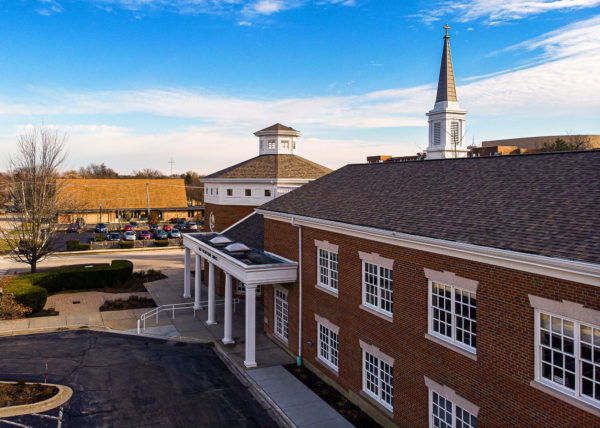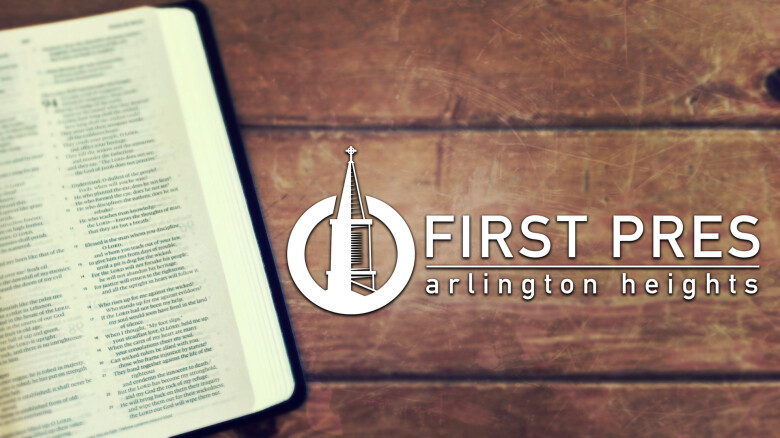We all approach the holiday season differently. Some of us get excited about seeing Christmas lights popping up on houses in the neighborhood. Some get giddy about trimming the tree and adorning the house in festive decorations. Others can’t wait to bake Christmas cookies and treats to keep and to share. Still for others, it’s not Christmas until the nativity scene is prominently displayed. We’ve made our list, and we’re checking it twice!
But what if the excitement of the season is allusive this year? What if the last thing you can imagine doing is putting up the tree and dragging the decoration boxes out of the garage? What if the idea of baking a single recipe is enough to cause you to collapse on the couch, desperate to bury your head in the cushions until January? What if the nativity scene that once brought such peace and comfort feels fraught and empty?
As I think about the contrasting ways we might come to Christmas, especially this year, I find myself returning (again) to my favorite singer, Mary Chapin Carpenter. (Back in April, I shared in this space another song she wrote and recorded called This is Love.) Today, I offer Come Darkness, Come Light, on the Christmas album of the same name. This song settled itself in my heart the first time I heard it and has provided me with an immense amount of comfort ever since.
Come Darkness, Come Light begins on Christmas Eve, where an invitation to both darkness and light is offered:
Come darkness, come light
Come new star, shining bright
Come love to this world tonight
Alleluia
From the first line, we’re reminded that EVERYONE is welcome – those carrying a burden and those who come lightly. And in case you weren’t sure if that invitation was really for you, the second verse clears it up:
Come broken, come whole
Come wounded in your soul
Come anyway that you know
Alleluia
Oh my goodness, did you hear that? There is a place today for the wounded and the whole. It’s going to be ok – just come. Come to a place of peace and restoration, come “anyway that you know” to a place where you will be loved and accepted.
From here, MCC sings the chorus and beautifully conjures the image of the stable, the light, the angels, the wise men, and of course, baby Jesus. These words come wrapped in a melody that can only be described as a hug that you didn’t know you needed but are so glad to have received. She returns to these words, this image, this hug throughout the song to center us and to keep us focused on the radical and improbable scene of Jesus’ birth.
In the next verse, we’re reminded again that the gifts of Christmas Eve – Jesus, love, reconciliation, hope – are for us. She sings,
Come doubting, come sure
Come fearful to this door
Come see what love is for
Alleluia
In this I hear a call your own personal sacred place – whether that’s church, or nature, or your favorite comfy chair – to experience love. And I love that the doubting and the sure are both welcome. Our “faith place” is big enough and strong enough for all of us.
The final verse is usually where the tears that have been brimming in my eyes spill down my cheeks and I’m grateful each time for the reminder of God’s enduring grace and patience and love.
Come running, come walking slow
Come weary on your broken road
Come see Him and shed your heavy load
Alleluia
We are all carrying a heavy load, friends. And many of us are carrying that heavy load in one arm while we carry the joy and excitement of the season in the other. Can you see the image, almost a caricature, of a person carrying two enormous bags, one labeled “Heavy load”, the other labeled “Joy”? I can see it clearly because it’s me. It’s you. It’s all of us. Perhaps your load isn’t as heavy as mine; perhaps my bag of joy is a bit bigger than yours. Perhaps you’re running…perhaps you’re walking slow. But Jesus is inviting us, today, tomorrow, every single day, to join him in the stable, bringing to him all that we carry, all that we are and aren’t, all that we fear, and all that we celebrate. This is what love is for.


